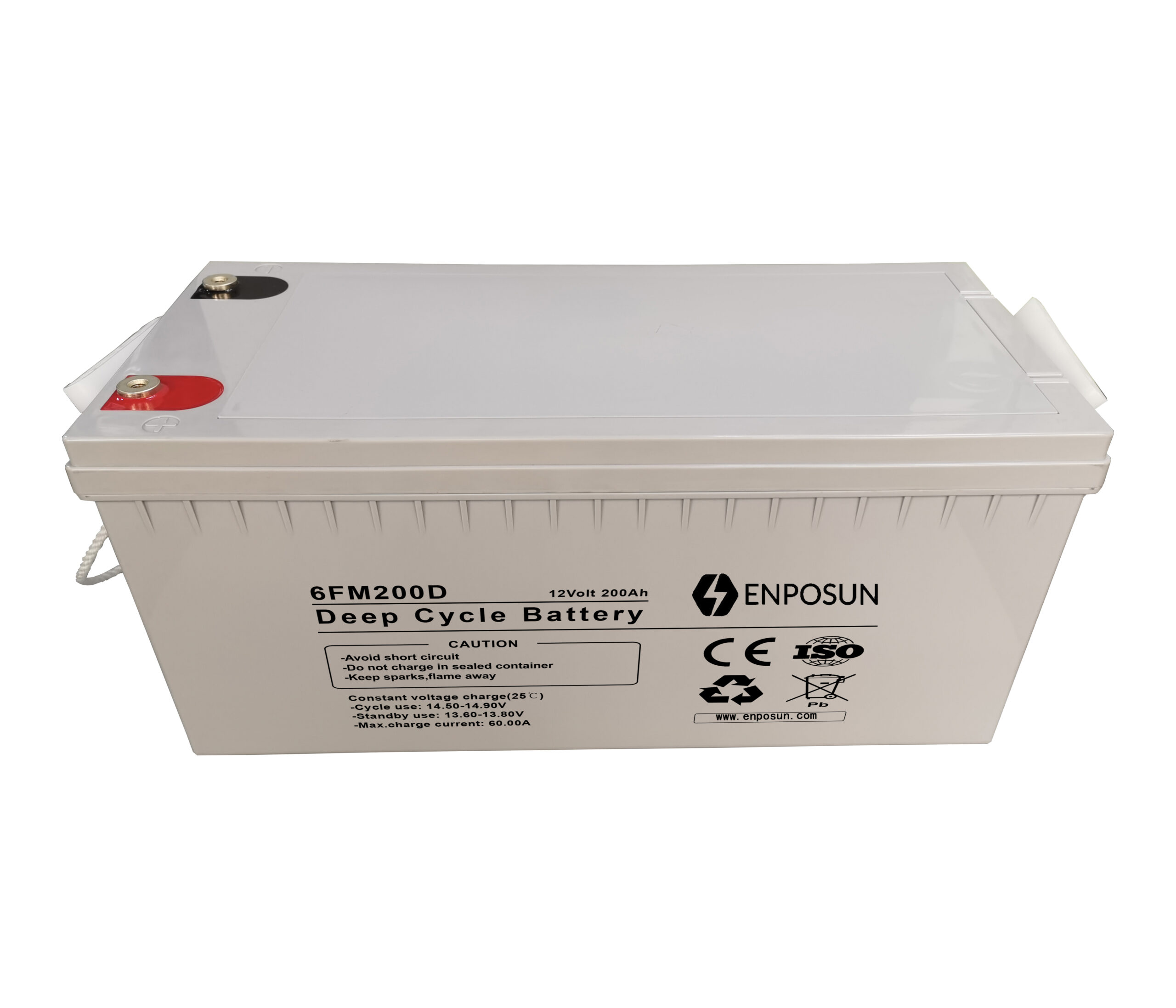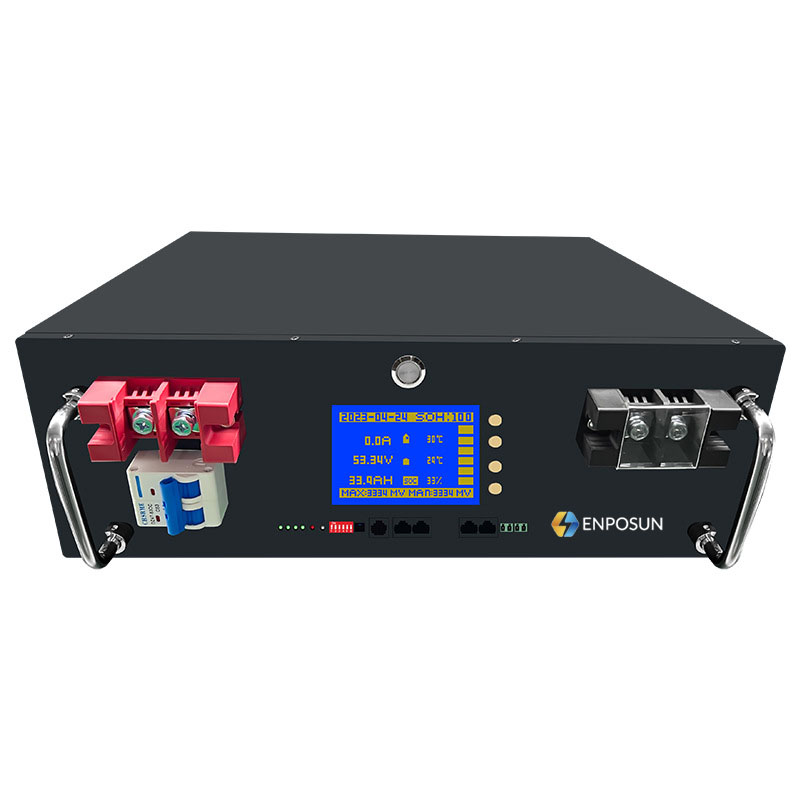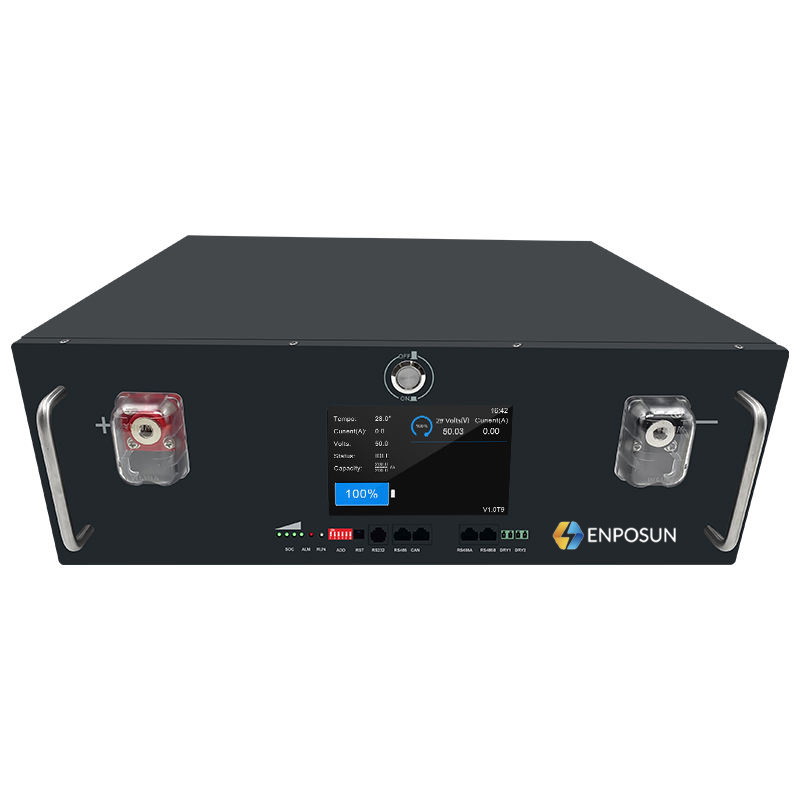Lithium batteries do have many advantages over ordinary batteries, but there are also some limitations. The following is a comparative analysis of lithium batteries and ordinary batteries:
Advantages of lithium batteries
High energy density
Lithium batteries have high storage energy density, which can generally reach 460-600Wh/kg, which is 6-7 times that of lead-acid batteries. This means that lithium batteries are able to store more energy at the same weight, providing longer use.
Long service life
The service life of lithium batteries can generally reach more than 6 years, and even some types of lithium batteries (such as lithium ferrous phosphate batteries) can be used more than 10,000 times under specific conditions. This is far more than the lifespan of a normal battery.

High rated voltage
The single working voltage of lithium batteries is high, usually 3.7V or 3.2V, which is convenient for forming a battery power pack.
High power tolerance
Lithium batteries, especially those used in electric vehicles, have high charging and discharging capabilities, which are suitable for high-intensity starting and acceleration.
Low self-discharge rate
Lithium batteries have a very low self-discharge rate, usually less than 1% per month, which is much lower than other types of batteries.

Light weight
At the same volume, lithium batteries weigh about 1/6-1/5 of lead-acid batteries, which makes lithium batteries have significant advantages in portable devices and electric vehicles.
High and low temperature adaptability
Lithium batteries can be used in a wide range of temperatures, and after special treatment, they can even be used at extremely low temperatures.
Environmental protection
The production, use and scrapping of lithium batteries do not produce toxic and harmful heavy metal elements and substances, and meet the requirements of green environmental protection.
Disadvantages of lithium batteries
Safety issues
Lithium batteries may explode or burn under certain conditions, so they must be handled with care and avoid overcharging, over-discharging, etc.
Higher price
Due to the complexity of materials and manufacturing processes, lithium batteries are usually more expensive than regular batteries.
Need to protect the line
In order to prevent the battery from being overcharged or overdischarged, the lithium battery needs to be equipped with a protection line.

High production requirements:
The production conditions of lithium batteries are more demanding, requiring high-precision manufacturing equipment and strict quality control.
To sum up, lithium batteries are significantly better than ordinary batteries in terms of energy density, service life, rated voltage, power tolerance, self-discharge rate, weight, high and low temperature adaptability, and environmental protection. However, they also have issues with safety, price, and production requirements. When choosing which battery to use, it should be considered comprehensively according to the specific application scenario and needs.

